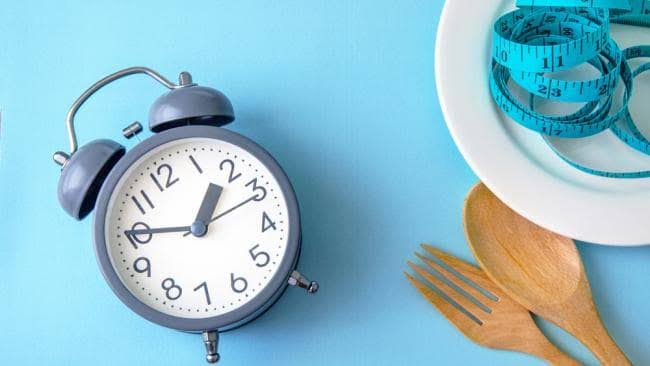 So many times we tend to eat when we’re not hungry due to emotional related issues.
So many times we tend to eat when we’re not hungry due to emotional related issues.
By doing this, it might lead to dysfunctional hormones and weight gain which gets you sus
1. Stress
After a long day behind the system or a long day in traffic, cortisol levels are raised. Cortisol is a hormone released any time the body is stressed either for a fight or flight situation. When this happens, this hormone makes your body to want to eat more food to refuel the body even when you’re not hungry. If you know stress is always inevitable for you, you should watch and learn how to curtail constant stress.
2. Fatigue
When your activity levels are way above your caloric intake, tiredness sets in and your ghrelin hormone soars (hormone responsible for hunger). Meanwhile, your levels of leptin (a hormone that decreases hunger and the desire to eat) go down. Your body might need food but rest at that period, but these hormones would be sending signals to eat.
3. Nerves
Eating seems like a legit way to keep you distracted when you feel all edgy. But really, emotional eating doesn’t help at all. When this happens, you might just overeat because of its distraction from worry or whatever makes you nervous.
4. Anxiety
Binge eating can be a way to help manage your worries and stress. Sometimes, most people get angry ore worried and the only thing they can turn to is food. While at this, you wont know you’ve even overeaten because your emotions are in control and you’ve chosen food as a safe haven.
5. Peer Pressure
Sometimes when in the company of friends or in a group, its easy to get caught up in the mood and overeat or even over consume alcohol.
6. Alcohol
‘Booze lowers your inhibitions, and that includes good judgment about when and how much to eat’. Boozing also motivates you to eat more unhealthy things like sugary stuff and high fat containing foods. Studies show that drinking affects the part of your brain that monitors self-control, making it much harder to resist a tasty snack.
7. Pictures of Food
What motivates people more to eat is the pictoral presentation of a well garnished meal or snack. Some people just view, and order even when they’re not hungry.
The Cost of Mindless Eating
The cost of not being aware and intentional about your eating habits are weight gain and other chronic diseases. You should always be mindful of emotional eating at all times.
Must you Eat?
Real hunger actually comes slowly and is easy to ignore till later. Emotional eating on the other hand comes quickly and makes you crave specific foods. You may also respond to food availability and eat because the food is there. This opens you up to overfeeding.
How to Stop Mindless Eating
While shopping, keep junk foods out of the house. Make sure you’re always with friends who would encourage you to eat healthy. Create outlets for emotions ; try exercise, reading, taking a walk etc. make sure you’re not stressed.
SOURCE: https://www.webmd.com/diet/obesity/ss/slideshow-why-eat-when-not-hungry?ecd=wnl_faf_021921&ctr=wnl-faf-021921&mb=LUUQQ%40zicPGFTxGdm%40H60rXlTp2CSLJZzpl6SmvoMRc%3d_leadCTA


